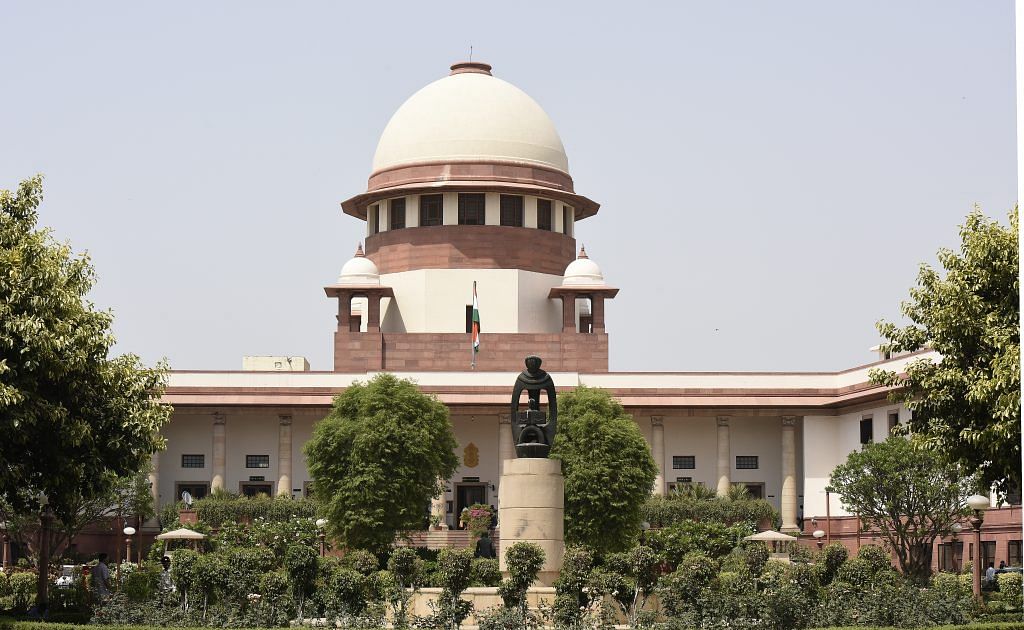Govt sought a review of the ruling that issued ‘guidelines’ to prevent misuse of the law; apex court says protesters are being misled by some vested interests.
New Delhi: The Supreme Court Tuesday refused to yield to the government’s plea for a review of its controversial ruling on the Scheduled Castes and Scheduled Tribes (prevention of atrocities) Act.
A bench of justices A.K. Goel and U.U. Lalit refused to stay the ruling even as the government’s top law officer said that the order has led to widespread protests and created a “state of emergency” in the country.
“Those protesting on the streets may have not even read our judgment. They are being misled by some vested interests so that does not concern us,” the court said.
The central government had sought an open court hearing to review the court ruling that issued “guidelines” to prevent misuse of the special central legislation that seeks to protect the marginalised scheduled castes and tribes.
Normally, review petitions are heard in the chambers of the same judges who delivered the original verdict. Rulings are reconsidered in open court only in cases where the court grants death penalty.
On 20 March, the same bench had in its ruling said that there can be no immediate arrests for offences under the SC/ST Act without a preliminary investigation. It also allowed granting of anticipatory bail in certain cases and made it compulsory to seek sanction before arresting a government employee.
Attorney general K.K. Venugopal also asked the court to delete certain parts of the judgment that refers to misuse of the legislation.
“When you repeatedly say the law made to protect a marginalised group is being misused, it gives the impression that the onus is more pronounced on that group. In reality, every law is misused,” Venugopal said.
To this, the judges said that it is not their view but statistics of the government that point towards the misuse.
“You showed us the numbers in the parliamentary standing committee report that the law is misused. You agreed that such complaints were even made in Parliament. These are not our words,” the court said in an oral observation.
Clarifying the judgment
Even as it refused to stay the ruling, the court clarified its guidelines to ameliorate the situation. The clarification was based on suggestions the court received from senior advocate Amarendra Sharan, who was appointed as amicus curie to assist the court.
Key aspects:
1. Compensation under the SC/ST Act can be granted when an FIR is filed, even if an arrest is not made immediately.
2. Preliminary inquiry before making an arrest applies only to offences under the SC/ST Act. But if the FIR contains any other general offences under the Indian Penal Code that requires immediate arrest, no preliminary inquiry is required.
3. The upper time limit for making a preliminary inquiry or receiving sanction is seven days. The investigating officer can make the arrest as per law even before seven days.
The court tentatively set 11 April as the next date of hearing and is likely to pronounce its decision then.
